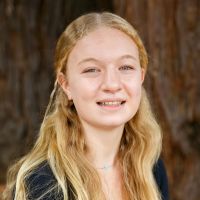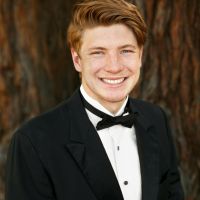
This past year, I spent my community service hours picking up trash at any local beach that I could find. You may be wondering to yourself, why would anyone go to the beach to pick up trash as that seems like such a waste of an experience at the beach? I reply with, “If no one were to pick up the trash, going to the beach would no longer become an experience that people would want to entertain.”
My first day picking up trash was at Monastery Beach in Carmel. I would be lying if I said that I enjoyed that first day picking up garbage. The truth was I was incredibly angry for multiple reasons. One, I was picking up trash at a place that is supposed to be enjoyable. Two, the amount of garbage and microplastics that had accumulated at the beach was simply enraging. I felt as if I was rewarding the behavior of those before me who left this mess for some civilian to pick up. During that four-hour segment, I picked up two full trash bags of garbage. While picking up the trash, people looked at me as if I was doing something wrong. The general public at the beach had a look of confusion, almost as if they wanted to ask, why was this 18-year-old kid spending the majority of his weekend picking up trash at the beach? The truth was I was asking myself the same question. I wasn’t sure if this was the community service project that I should have committed to. But I made a commitment to 30 hours cleaning up beaches and I was going to keep that commitment.
As I continued picking up trash from various beaches something in the community started to change. Instead of people gazing at me with looks of confusion, people began to notice me and come up to me as I was picking up trash. I received many comments about how they had seen me around the beaches and that they appreciated my actions.
But that wasn’t the only notable thing that happened. Towards the end of my time picking up garbage, I noticed that each time I went out, I returned with less and less garbage. I was puzzled as to why it was happening. I began to question whether I was doing a thorough enough job when picking up the trash. It wasn’t until one of my last couple days of going out when I saw it. Slowly I noticed more and more people picking up trash. First it was one, then two, and then four people at the beach picking up trash. This was the first time I had seen anybody besides me picking up trash at the beach. But it didn’t stop there, I noticed that families were starting to be more aware of leaving trash at the beach. Change was happening. People were taking care of the beaches as if they were their own backyards.
After concluding my beach clean-up, I pondered about the effect that this project was having on the community. This was the first time where I experienced that I could change the community just through my actions. I learned that sometimes all a problem needs is for someone to take initiative. Since I only worked at this for 30 hours, I began thinking about what would happen if I committed to this project more seriously? What would our beaches look like in a year? 5 years? Could I rally the community behind this message of picking up our beaches? I wasn’t sure, and to tell the truth, I’m still not sure what would happen if I continued.
All in all, I’m proud of the work that I did for the beaches and my community. This experience allowed me to see how much influence one person can spread over a community. I always thought that you had to have fame connected to your name to provoke real change, but I learned the only thing you need is passion for a better environment. I look forward to seeing what I–and you–can do in the future knowing that it only takes one person to make a difference in how the world is viewed. While I didn’t change the way people see the world, life, etc. I managed to grow an idea into a piece of reality. As many would know, it’s never where you start, but where you finish. Now I wouldn’t say this is the finish line, but in my opinion…it’s a pretty good start.
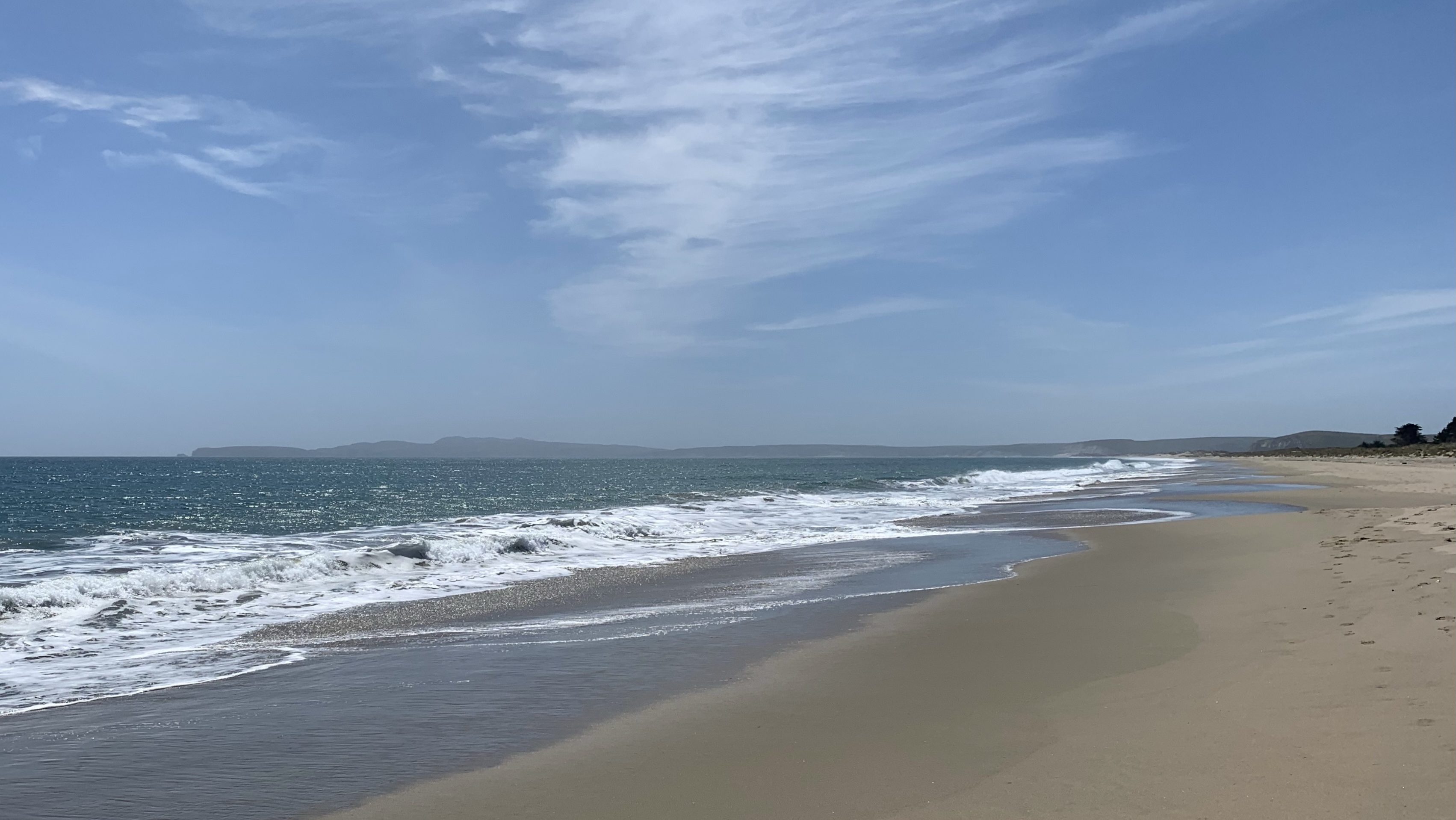
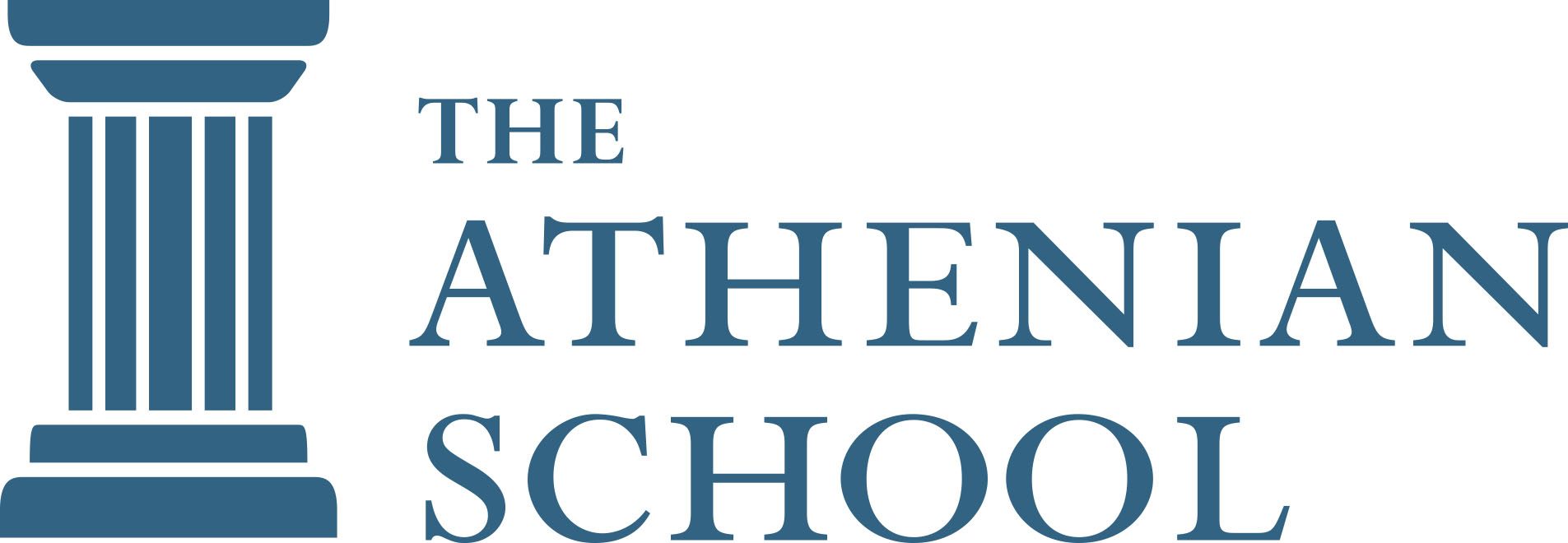
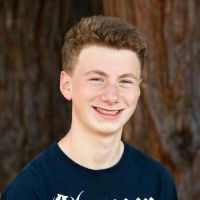
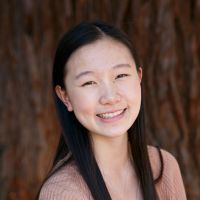
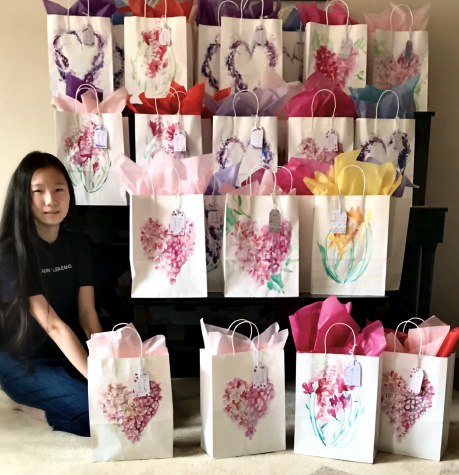
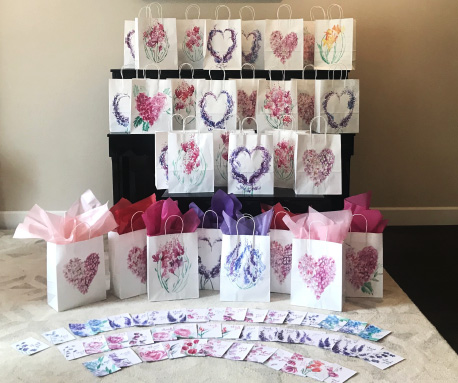
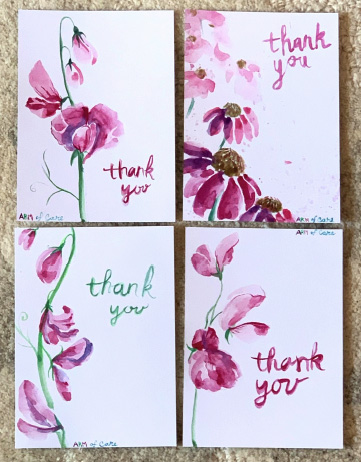
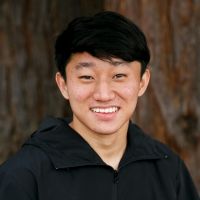 I have been volunteering for the Meguro After School program in Tokyo, Japan that takes care of disabled children when their parents need someone to take care of them while they are busy at work. When I decided to commit my 30 hours of community service to this organization, I was optimistic, telling myself that this is my chance to finally learn how to take care of children and meet new people in Japan. Before I knew it, I was in front of the building where I would be volunteering for 30 hours, which seemed unbelievable at the time.
I have been volunteering for the Meguro After School program in Tokyo, Japan that takes care of disabled children when their parents need someone to take care of them while they are busy at work. When I decided to commit my 30 hours of community service to this organization, I was optimistic, telling myself that this is my chance to finally learn how to take care of children and meet new people in Japan. Before I knew it, I was in front of the building where I would be volunteering for 30 hours, which seemed unbelievable at the time.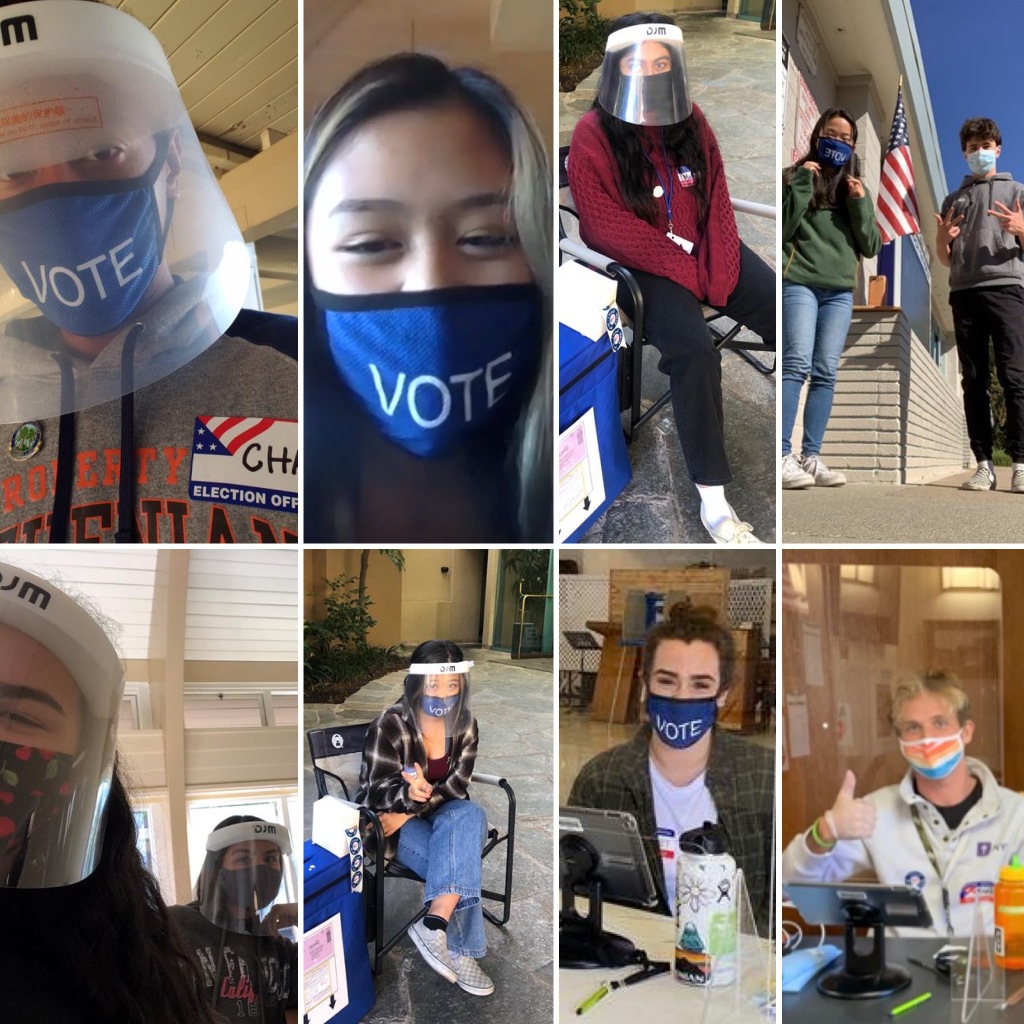
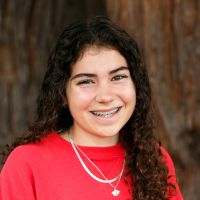 When I first heard that Camp Kee Tov, the camp I have been going to my whole life would be continuing in-person camp this summer, I didn’t feel optimistic or excited at all. I wanted to opt-out and spend the summer doing as many fun activities with my friends as the current state of our world would allow. I thought that would be a much better way to spend my summer, as opposed to working every day in circumstances I didn’t even think were possible. Many of my fellow staff members dropped out because it was either too big of a safety risk or they didn’t want to commit themselves to the safety protocols we had to follow. I was prepared to drop out, but I knew I would never feel right about that considering how much Kee Tov has given me the past eleven years.
When I first heard that Camp Kee Tov, the camp I have been going to my whole life would be continuing in-person camp this summer, I didn’t feel optimistic or excited at all. I wanted to opt-out and spend the summer doing as many fun activities with my friends as the current state of our world would allow. I thought that would be a much better way to spend my summer, as opposed to working every day in circumstances I didn’t even think were possible. Many of my fellow staff members dropped out because it was either too big of a safety risk or they didn’t want to commit themselves to the safety protocols we had to follow. I was prepared to drop out, but I knew I would never feel right about that considering how much Kee Tov has given me the past eleven years.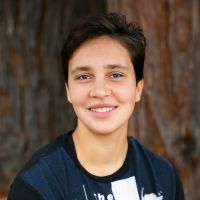 The most rewarding part of working at Open Heart Kitchen for me, as well as the most challenging, was the defiant individuality of the seniors. I worked the first shifts under the impression that the residents who filled the dining hall were for my intents and purposes nearly homogenous. Old age had given them all the same grey hair and wrinkles. Their shared condition led them to repeat the same polite expressions of gratitude—quiet ‘pleases’ and ‘thank you’s’—as a kind acknowledgement of my presence before returning to their various conversations.
The most rewarding part of working at Open Heart Kitchen for me, as well as the most challenging, was the defiant individuality of the seniors. I worked the first shifts under the impression that the residents who filled the dining hall were for my intents and purposes nearly homogenous. Old age had given them all the same grey hair and wrinkles. Their shared condition led them to repeat the same polite expressions of gratitude—quiet ‘pleases’ and ‘thank you’s’—as a kind acknowledgement of my presence before returning to their various conversations. In my view, many community service programs, including Athenian’s, use service requirements to educate individuals about the values of civic duty, selflessness, and our responsibility not just to our community but to each other by virtue of our shared humanity; our participation in the human experience. While I have certainly become wiser with respect to all three values, the primary outcome of my service project was something else – the experience bestowed upon me a better understanding of human purpose in the context of our ephemeralness in a constantly changing universe, pushed forward relentlessly by the torrents of time.
In my view, many community service programs, including Athenian’s, use service requirements to educate individuals about the values of civic duty, selflessness, and our responsibility not just to our community but to each other by virtue of our shared humanity; our participation in the human experience. While I have certainly become wiser with respect to all three values, the primary outcome of my service project was something else – the experience bestowed upon me a better understanding of human purpose in the context of our ephemeralness in a constantly changing universe, pushed forward relentlessly by the torrents of time.